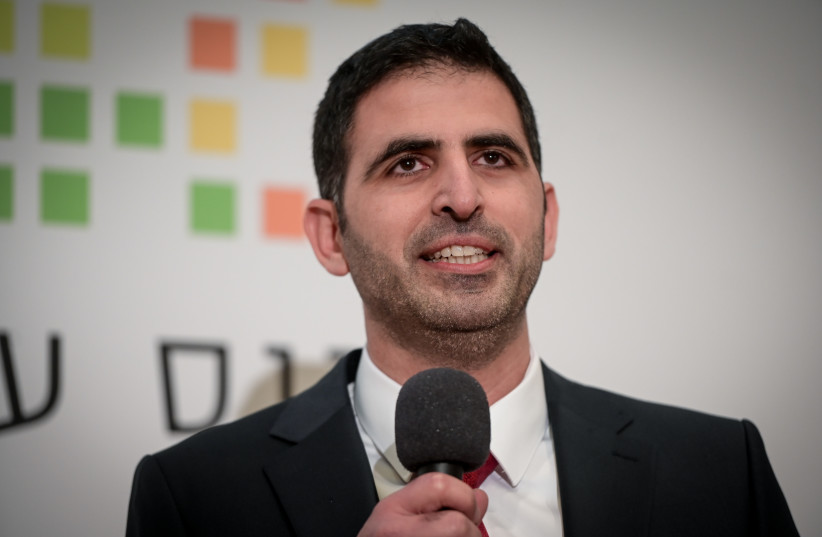New Communications Minister Shlomo Karhi has made his first move while in office, approving a deal between internet service providers Bezeq and Partner which would ultimately reduce the price of fiber optic internet for consumers.
For context: Bezeq is the owner of the fiber optic network which was recently deployed throughout the country, and is in a position to grant other providers access to its network, which they can then sell to their own customers.
A long-term agreement signed between Bezeq and Partner in December 2022 granted the latter company wholesale service from Bezeq for 120,000 fiber optic lines for 15 years at a reduced rate; in response to this, the Communications Ministry (still under the leadership of former Comm. Minister Yoaz Hendel at the time) sent a letter to Bezeq, raising its concern of the deal’s potential harm to competition within the internet provision market.
After a series of joint discussions between providers, Bezeq announced that it would reduce the fiber optic usage rate for all companies from NIS 85.2 to NIS 72 (not including Value Added Tax), and that any service provider in Israel will be given access to the network. This universal reduction of the usage rate is likely to translate as a reduced cost for consumers of any provider’s fiber optic service.
The Communications Ministry has reviewed the agreement and found it to be beneficial to market competition, and has therefore granted its full approval.

“The agreement reached with Bezeq is significant news for consumers, which will accelerate not only the deployment of fiber throughout the country but also the connection of customers to fiber,” said Karai. “We will work to remove any competitive barrier and make sure that the Israeli consumer will enjoy advanced communication services at competitive prices.”
Fiber: it’s not just for breakfast anymore
Israel has been rapidly increasing its fiber optic infrastructure in the past few years, and has seen major results. Last year saw a massive increase in the availability of fiber optic internet services in Israel. According to an international study presented to Hendel by the World Bank in June, Israel ranked first in the world in fiber optic deployment in 2022.
Since 2020, the amount of homes in Israel with access to fiber optics has grown from 20% to now over 70%. “I’ll let the results speak for themselves. Over 70% of Israeli homes have access to fiber optics. From the Golan Heights to Eilat. The highest pace of deployment in the world, the best prices in the world and competition in remote settlements unlike anywhere else in the world,” said Hendel. “We’ve led a revolution here in connecting one end of the country to the other with optical fibers.”
